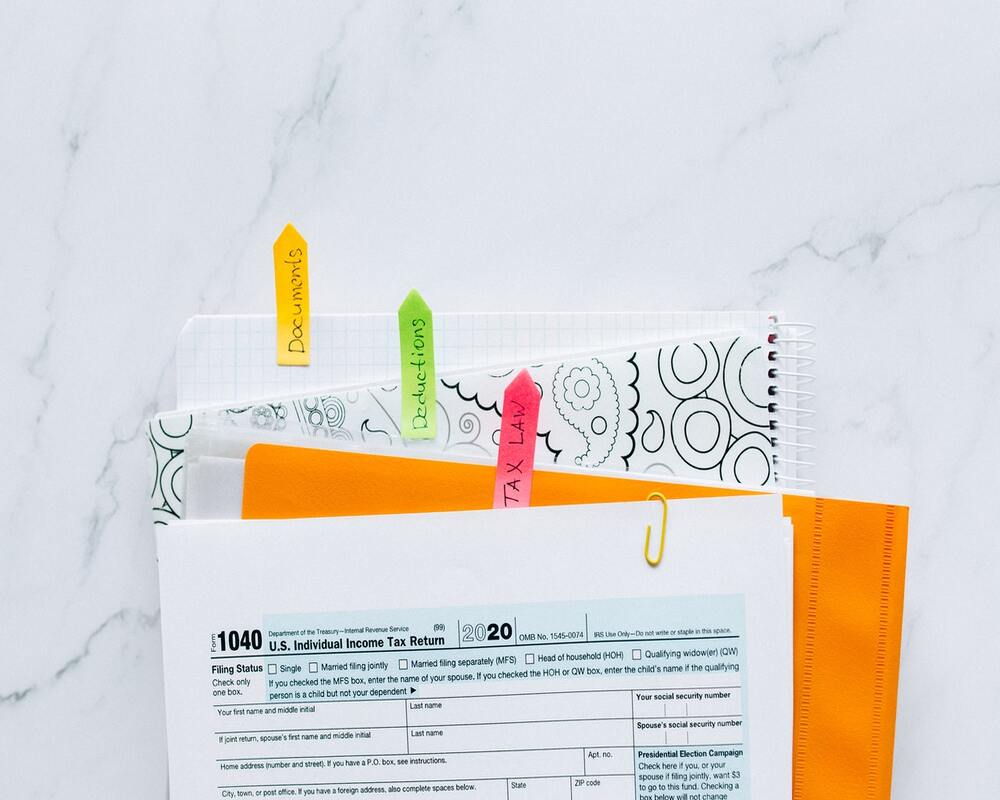
An accounting career can be rewarding and lucrative, with endless opportunities to specialize and grow. But if you have not graduated with a college degree, it can be hard to know how to get your foot in the door and advance your career in accounting.
Learn about these five accounting certifications without a degree to understand how you can start working in the profession without fulfilling an education requirement.
1. Enrolled Agent
Not only can you earn an Enrolled Agent (EA) accounting credential without a degree, it is also the highest designation administered by the IRS.
As an EA, you have unrestricted representation authority, meaning that you can prepare taxes, represent clients before the IRS whether you’ve prepared their returns or not, represent clients during audits, and offer any other tax service within your knowledge and skillset.
Becoming an Enrolled Agent requires only that you apply for and receive a Preparer Tax Identification Number (PTIN) and pass the IRS’s three-part EA Exam.1 Passing requires that you put in the time and effort to study, but Becker's EA Exam Review course does the heavy lifting to help you do your best on exam day.
2. Internal Audit Practitioner
Becoming an Internal Audit Practitioner is a great option for those who want an accounting credential without a degree and have a particular interest in internal auditing. The IAP certification is administered by The Institute Internal Auditors (The IIA®), the standard-setters of the profession and the managing body of the Certified Internal Auditor (CIA®) credential.
You can earn your IAP certification while still in school or as a professional recently stepping into the practice. While being an IAP does not grant you the full internal audit expertise and opportunity that come with being a CIA, it does offer undeniable perks for internal auditors:
- Proves internal auditing aptitude
- Permanent credential
- Optional inclusion in The IIA’s certification registry
- Fast track to CIA certification
To become an IAP, you must apply through The IIA’s website. The application has no education or experience requirements, making this an accessible accounting certification without a degree. You must then pass the IAP Exam, which is simply Part 1 of the CIA Exam,2 an overview of foundational internal audit knowledge.
Becker + The IIA's IAP Exam Review course guides you through exactly what to study to pass the exam and be ready to earn your IAP certification.
3. Annual Filing Season Program – Record of Completion Holders
If you earn a PTIN and want to take your tax career another step forward, you can also participate in the IRS’s Annual Filing Season Program (AFSP)—an accounting credential without a degree that updates your knowledge through continuing education (CE) courses and brings you more visibility and credibility with clients.
To become an AFSP Record of Completion Holder, you must update your PTIN, consent to adhere to specific IRS tax practice obligations, and complete the following CE courses from an IRS-approved CE provider.
- 6-hour Annual Federal Tax Refresher (AFTR) course
- 10 hours of federal tax law CE
- 2 hours of ethics CE
As an AFSP Record of Completion Holder, you have the right to represent clients before the IRS whose taxes you have prepared, and you are also included in the IRS’s database of preparers.3
4. Certified Bookkeeper (CB)
Certified Bookkeeper (CB) is another accounting certification without a degree that is both accessible and impactful to grow your job opportunities in the field. The designation focuses solely on increasing your expertise and competitivity in the eyes of hiring managers as a bookkeeper.
Managed by the American Institute of Professional Bookkeepers, earning a CB designation requires that you:
- Submit an application
- Pass all four parts of the national certification exam
- Sign a code of ethics
- Demonstrate at least two years of fulltime professional experience as a bookkeeper
- You may complete the experience requirement up to two three years after you pass the CB exam.4
- You may complete the experience requirement up to two three years after you pass the CB exam.4
5. IMA Financial and Managerial Accounting Associate (FMAA) Certification
The Institute of Management Accountants (IMA) is the managing body of the specialization’s leading certification, Certified Management Accountant (CMA). However, the IMA also offers an accounting certification without a degree for those who haven’t started or completed their college or university education.
The Financial and Managerial Accounting Associate (FMAA) certification demonstrates your skillsets in management accounting, helps your resume stand out, and kickstarts your upward movement. While a CMA certification may be the more complete gold standard for management accounting, becoming an FMAA will help you lay the foundation and open the door for specialization within the field—even without an accounting degree.
To earn your FMAA designation, you must comply with the IMA Statement of Ethical Professional Practice and pass the 80-question FMAA exam, covering:5
- General Accounting and Financial Management
- Financial Statement Preparation and Analysis
- Planning and Budgeting
- Cost Management and Performance Metrics
Learn and grow with Becker
Even if you have not completed a degree, you can grow your knowledge— and your career! —in accounting. But to be successful, you must stay on top of the industry’s trends and needs. You can advance your skillsets through continuing professional education (CPE) courses and CPE certificates. Becker offers 1,700+ on-demand, webcast, and podcast CPE courses, as well as an ample selection of CPE certificates across specialized topics.
And if you're ready to dive into earning an accounting certification without a degree, you can start working toward your Enrolled Agent credential to unlock limitless potential in tax services. Download our FREE EA Exam Guide to learn more about the designation, the EA Exam, and how you can reach your career goals as an EA.
- https://www.irs.gov/tax-professionals/enrolled-agents/enrolled-agent-information
- https://www.theiia.org/en/certifications/iap/iap-2025/
- https://www.irs.gov/tax-professionals/general-requirements-for-the-annual-filing-season-program-record-of-completion
- https://aipb.org
- https://www.imanet.org/ima-certifications/fmaa-certification









